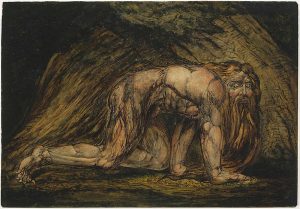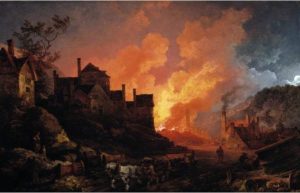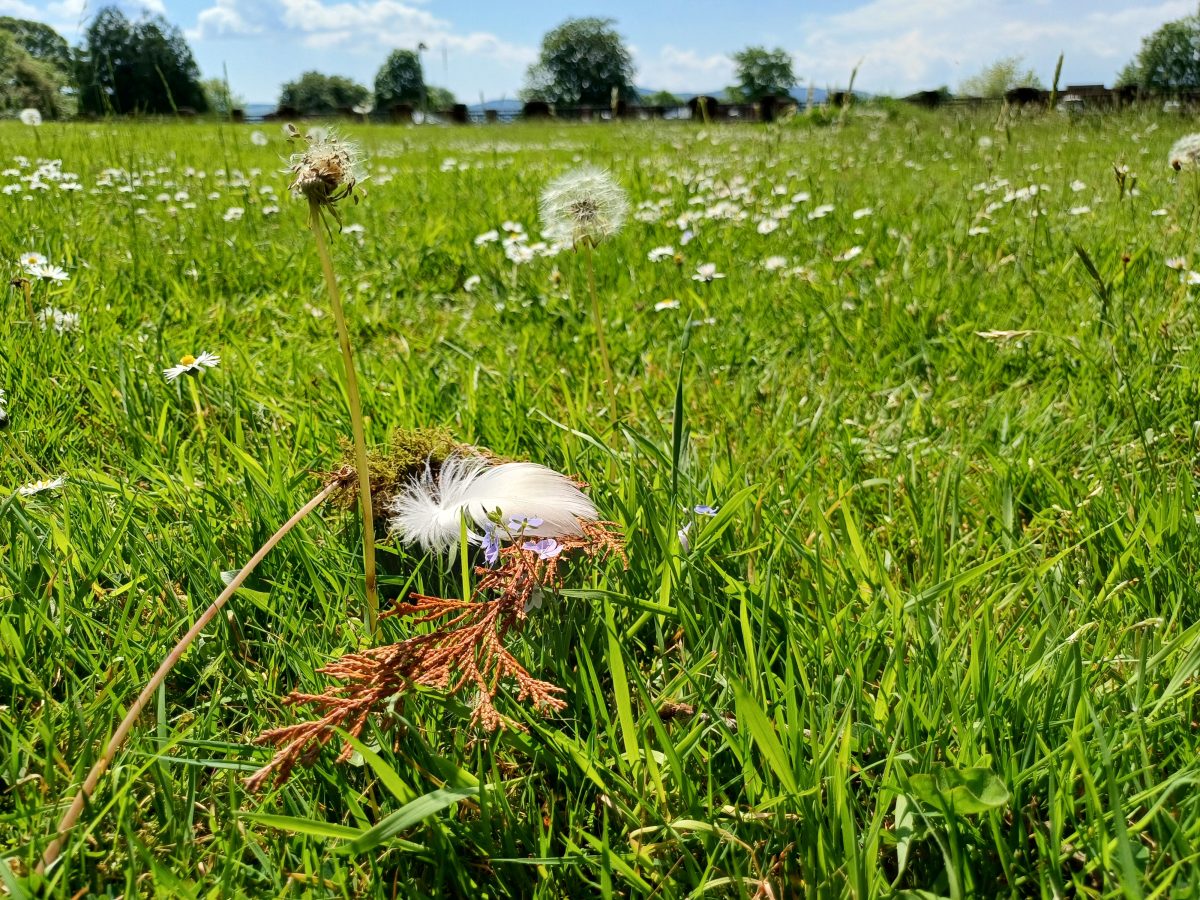Domination, Paternalism, or Participation?
How do we relate to the land, and how should we relate to it? In the theme of rewilding ecological science and the theology of forest church come together, if you are willing to risk being described as a little mad.
There are a lot of links you can click on in this post! I suggest you read it through and then go down whichever rabbit hole entices you!
Have you ever read the 4th chapter in the book of Daniel? Perhaps you are used to stories of great pagan kings being humbled and shown the majesty of God. Do you remember the verse where God strips him of all his authority and drives him away from people to eat grass like an ox though?

As humans we naturally think of “wild” as being out there and a threat, but at the end of a long process Nebuchadnezzar finds his healing and salvation in the wilds acting like an animal.
Our victorian ancestors inherited a landscape which had been worked on and improved for millenia. From this rich and fertile basis they were able to industrialise and dominate the globe. I learned about technology like the haber process in school. We discussed how it could both be used to make ammunition but also feed hungry mouths. The assumption that the soil would always be there to draw nutrients from remained unquestioned. The challenges of being a farmer who is concerned about the environment are touched on here in a guest article from 2012.
Improving crops, developing GDP and production became a symbol of the care a state, the motherland, had for it’s people. But there is a cost when technology is applied to force nutrition from the soil. What happens when farming marginal land can only be supported through a cocktail of chemical fertilizers and fungicides? When soil is turned to dust, and in extreme cases the dust to desert.
Back to Nebuchadnezzar. In the story it is clearly stated that he had authority, and also that that authority was taken away. We should remember this when we use Genesis 1:28 to justify a theology which places humans as the pinnacle of creation, authorised to be fruitful and have dominion. We need to have the humility to recognise that even our best attempts to husband or mother our landscape might be flawed. If we place the currently perceived needs of the human population above those of the environment we share we risk wiping out entire species. If our behaviour threatens the existence of 28% of assessed species how long will it be before human behaviour threatens our species? The story of Nebuchadnezzar shows that authority can be given and taken away.

What about the madness though? Is the idea of someone being driven into the wild really compatible with our Christian understanding of God. I would argue that there are many instances of this theme recorded in scripture and the lives of the saints up till the present day. However, entering the wild can also be a very rational act.
Early this millenium an estate owner, Charlie, and his family risked the scorn of his neighbours and started working towards:
a ‘process-led’, non-goal-orientated project where, as far as possible, nature takes the driving seat – an approach that has come to be known as ‘rewilding’.
Read more on the Knepp Website
Decades later farmland which could not compete with other intensive farming techniques has been described as:
“Knepp Estate is one of the most exciting wildlife conservation projects in the UK, and indeed in Europe. If we can bring back nature at this scale and pace just 16 miles from Gatwick airport we can do it anywhere. I’ve seen it. It’s truly wonderful, and it fills me with hope.”
Professor Sir John Lawton, author of the 2010 Making Space for Nature report
If you are interested there is a film you can watch. It is crammed full of wonderful nature filming
They have written a book, with those who haven’t inherited family estates in mind (the link is to a description, you can buy the book in many places).
And the estate website has a wealth of information.
https://knepp.co.uk/knepp-estate
They have faced opposition. Can you imagine if the Crichton estate was rewilded? but there are also examples of similar projects taking place near Dumfries like the work going in at Threave which you can explore. Perhaps you will feel the call of the wild!

